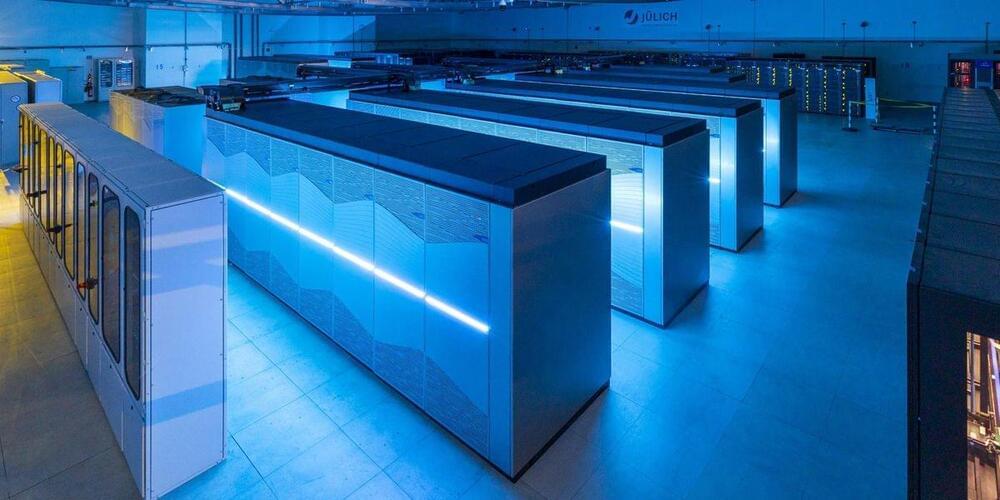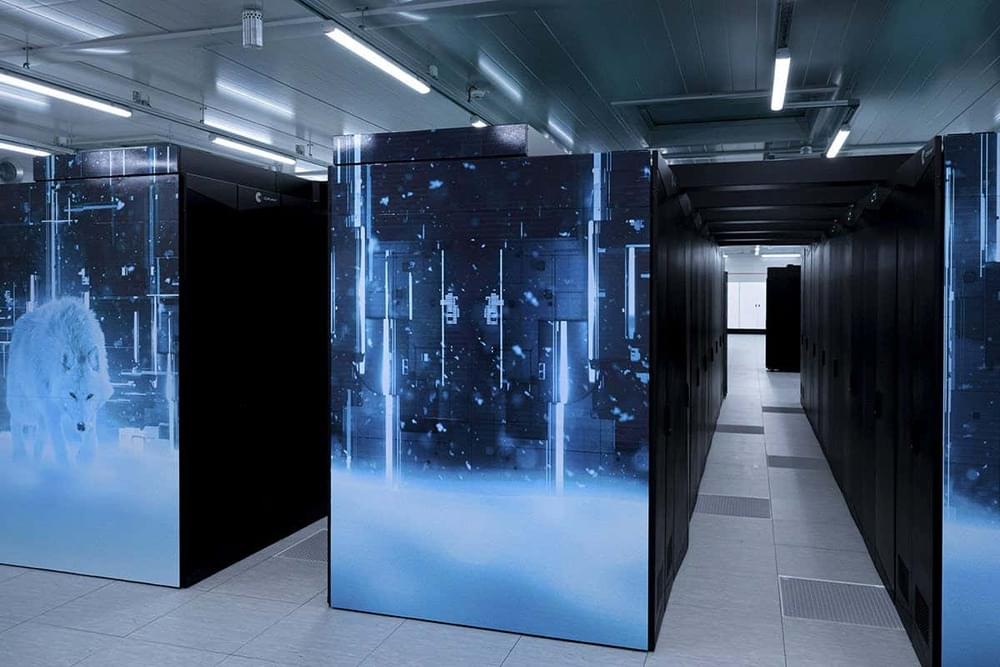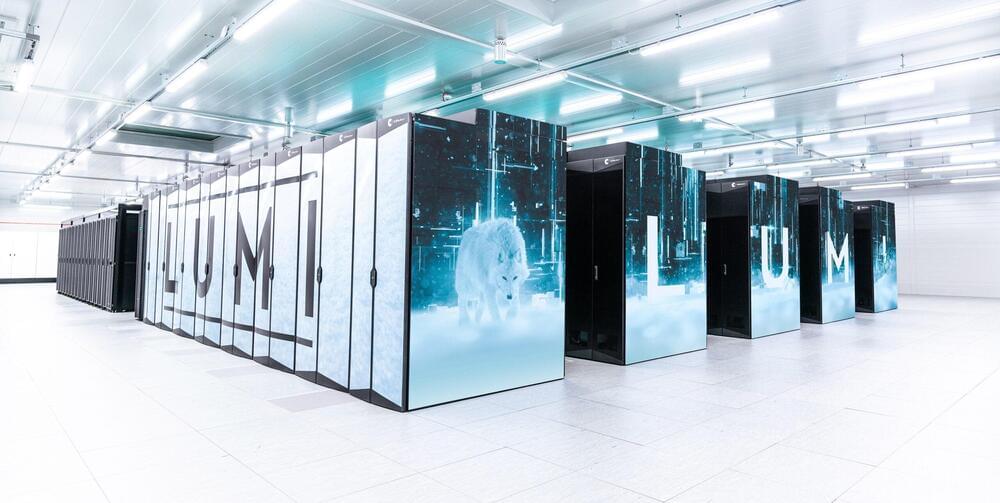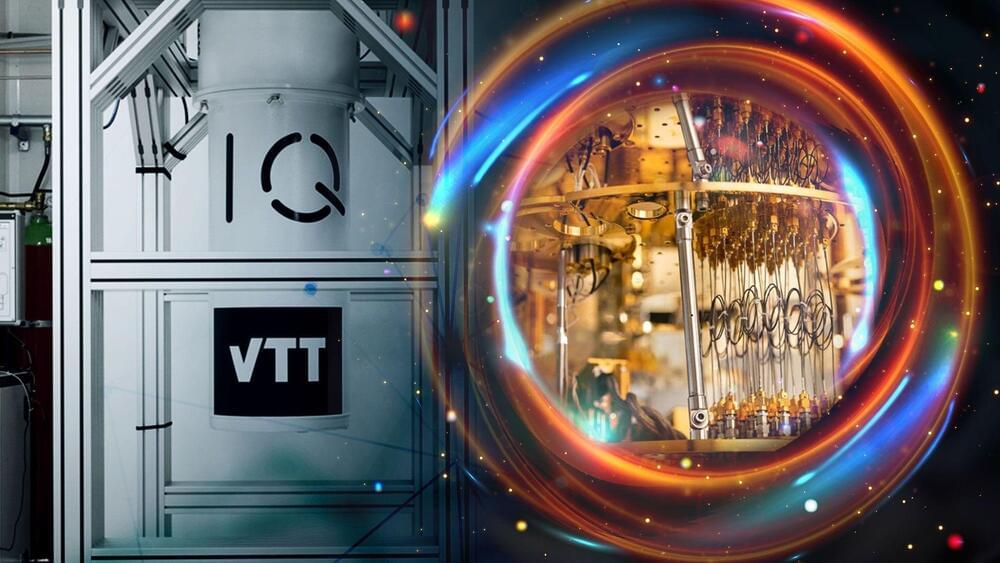We are living a data revolution in the biomedical field, and scientific research is advancing at an unprecedented speed to improve modern medicine. One of the key aspects of such medicine is the tailoring of treatments to each patient, by analising the specific changes that led to disease along with the unique characteristics with which the person was born. The use of supercomputers is essential to make sense of the vast amounts of data, and to simulate aspects of our bodies to calculate for instance which drug is more appropriate for each patient for a given disease.
This video showcases some of the research done at the Life Sciences Department of the Barcelona Supercomputing Center, contributing to a better understanding of our bodies in health and disease, and to a future where a Human Digital Twin can help to live healthier and longer.






